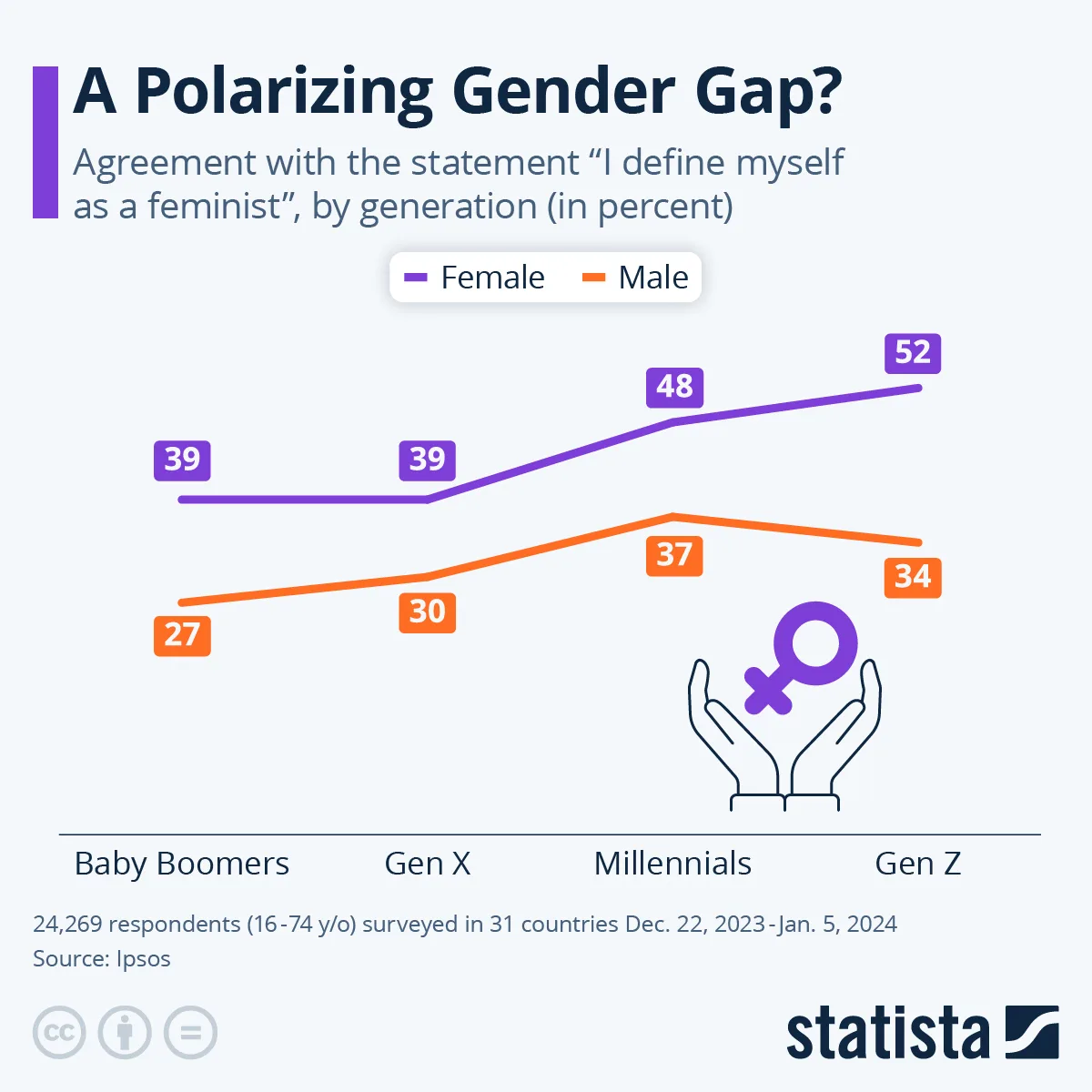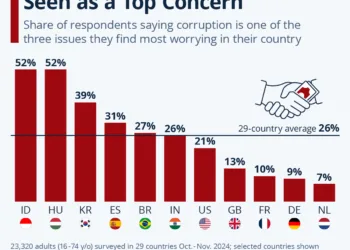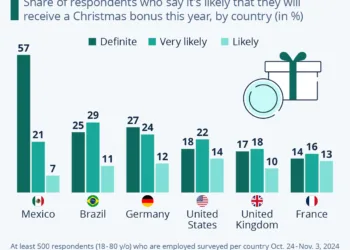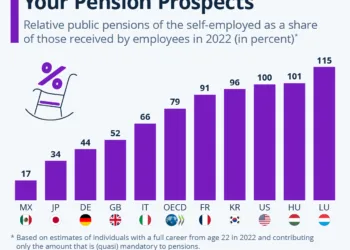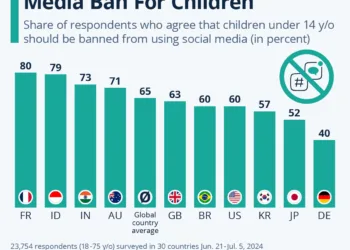A Polarizing Gender Gap: Understanding the Dynamics in Contemporary Society
Introduction to Gender-Related Movements Post-Trump Election
In the wake of Donald Trump’s re-election, the United States witnessed a stark increase in polarizing gender dynamics. This was particularly evident through the surge of misogynistic violence on social media platforms and an unexpected rise in discussions among women about boycotting men. The hashtag-driven conversations ignited by this sentiment revealed deeper issues surrounding gender inequality in America.
The Emergence of the "4B" Movement
What is the "4B" Movement?
The term "4B," translating to "Four No’s," refers to a radical feminist movement originating in South Korea. This movement advocates for women’s choices to abstain from dating, marrying, having sexual relationships, or bearing children with men due to perceived systemic gender inequalities. Following Trump’s victory, it quickly gained traction in the U.S. as women expressed frustration about their status and rights, particularly in light of the political climate that seemed to undermine them.
Social Media’s Role in Amplifying Voices
Social media has become a powerful platform for these discussions, enabling rapid exchanges of ideas among women who feel disempowered. The spike in searches related to the "4B" movement on Google indicates widespread interest and potential resonance with this ideology among U.S. women, highlighting a significant moment in feminist discourse.
Gender Imbalances in Political and Educational Choices
Political Affiliation and Gender Dynamics
The rift in political choices between genders is becoming increasingly pronounced. Data indicates that men are more likely to lean toward conservative ideologies, while women gravitate toward liberal perspectives. This political divide is mirrored in public sentiment about women’s rights, with many women viewing support for Trump as a direct affront to their equality.
Educational Trends Favoring Women
In recent years, we have observed a growing number of young women attaining college degrees, a trend that not only signifies a shift in educational attainments but also suggests changing societal roles. Women are increasingly becoming the primary beneficiaries of higher education, which may contribute to their evolving views on gender and relationships.
Shifts in Sexuality and Ideological Beliefs
Changing Perspectives on Sexuality
There has also been a noticeable shift in how younger generations define their sexual identities. More women are identifying as LGBTQ+, suggesting a broader redefinition of relationships and attraction that transcends traditional heterosexual norms. This evolution indicates a move toward inclusivity and self-exploration absent in previous generations.
Young Men’s Perspectives on Family and Religion
Conversely, a demographic shift is occurring among young men. Many are turning toward religious beliefs, and interestingly, a increasing number of them express a desire to become parents, contrasting with trends among childless young women who appear more hesitant about parenthood. This divergence raises questions about future family structures and the evolving roles of men and women in parenting.
Gender Values Across Generations
Ipsos Survey Insights on Gender and Feminism
Recent data from an Ipsos survey sheds light on generational differences in attitudes toward feminism. Among the over 24,000 respondents in 31 countries, a significant gap emerged: 52% of Gen Z women identified as feminists, while only 34% of their male counterparts did. This 18-percentage point gap highlights a rising wave of feminist ideology among younger women, contrasting with the slower acceptance among men.
Comparative Attitudes Among Generations
While Gen Z males reflect slightly lower figures compared to Millennials, both generations showcase more progressive attitudes toward gender equality than those belonging to Gen X or the Baby Boomers. This generational progress indicates a broader societal shift, where traditional gender roles are being questioned and redefined.
The Future of Gender Dynamics
As society continues to grapple with these widening gaps in values and beliefs, it remains imperative to consider how these trends will shape future interactions between genders. The socio-political landscape is evolving, with educational achievements, evolving sexual identities, and diverging family aspirations contributing to a new narrative. Each of these factors plays a critical role in redefining relationships and expectations between men and women in the modern world.

